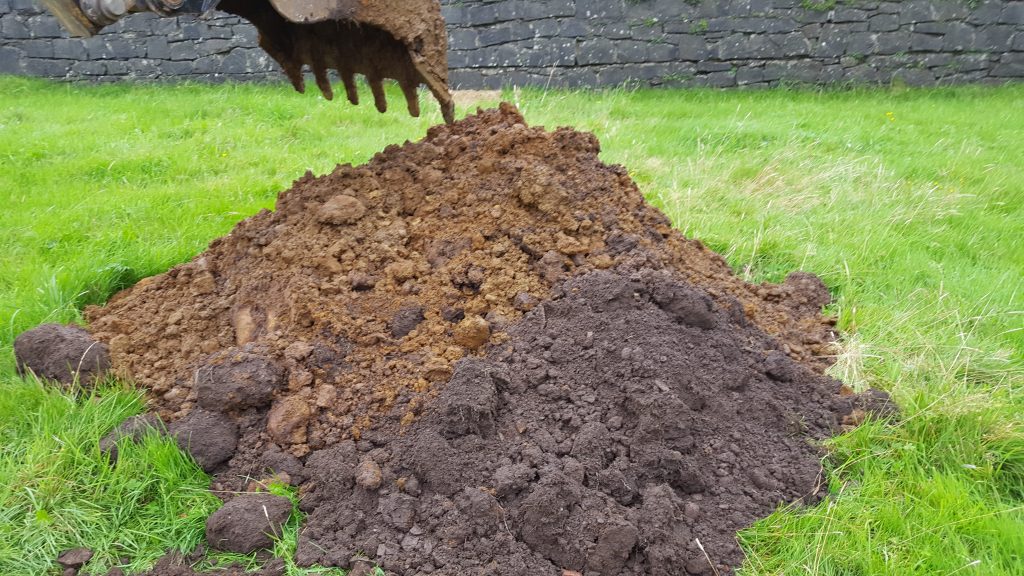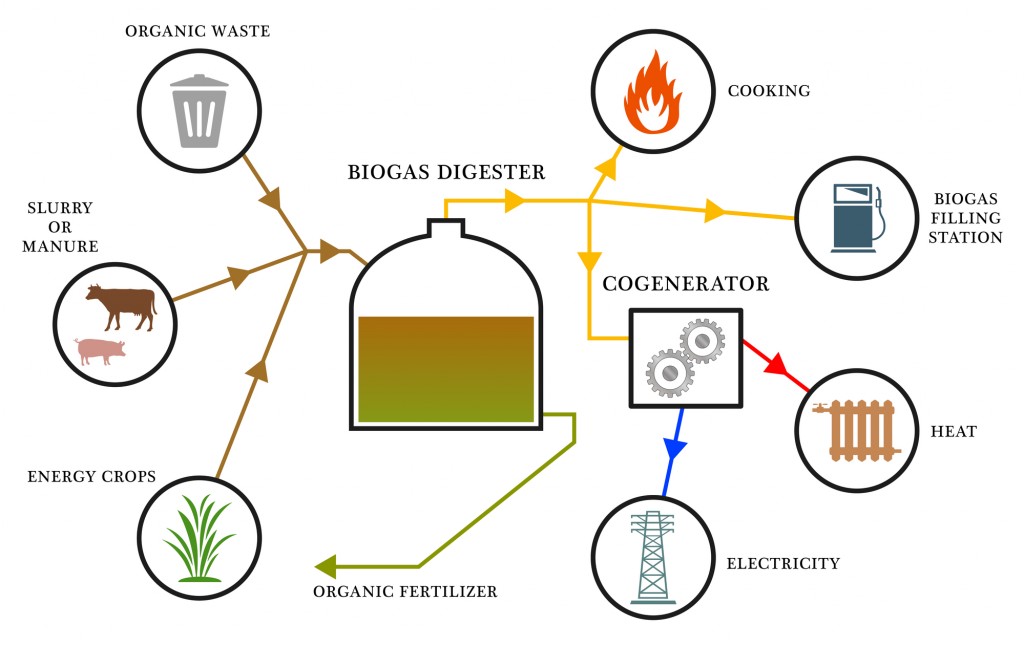Albion Environmental provide training and advice to ensure your business is compliant and reduce your waste disposal costs. Do you produce, manage or handle waste soils? Are you aware of your legal obligations? Find out more and sign up for one of our courses now.
Scotland produces approximately 11.6 million tonnes of controlled waste per annum and approximately 4.3 million tonnes of this is waste soil.
If you produce waste soil, to comply with the Waste (Scotland) Regulations 2011 and the Waste Management Licensing (Scotland) Regulations you must:
- Apply the waste hierarchy to the management of your soil waste
- Ensure your waste is transferred to someone authorised to receive it
- Complete a waste transfer note
- Describe the waste accurately
- Take measures to ensure that your waste does not cause pollution or harm to human health
While most businesses will have their waste transfer note paperwork, in our experience, many do not fully complete all of the above steps.
Why should you take time to consider this?
- Financial Benefits – By ensuring the waste hierarchy has been applied and soils classified correctly you could reduce the volume of waste soil you generate and its associated cost for disposal.
- Environmental Benefits – You could reduce the volume of material going to landfill, help identify greater opportunities to reuse soils and lower your carbon footprint.
- Legal Compliance – It is a legal requirement
What Can Albion Do?
Albion can provide those who produce, handle and manage waste soils with a range of services to comply with your Duty of Care Requirements, including:
- Bespoke training to help your staff understand their Duty of Care Obligations
- Sampling and assessment of soil waste
- Soil waste classification in accordance with WM3 Guidance
- Soil reuse assessments
- Development of soil management plans
The results of the above will help your business demonstrate it is complaint and can generate significant cost savings.
To find out more or to have an informal chat please contact Andrew Howlett.


